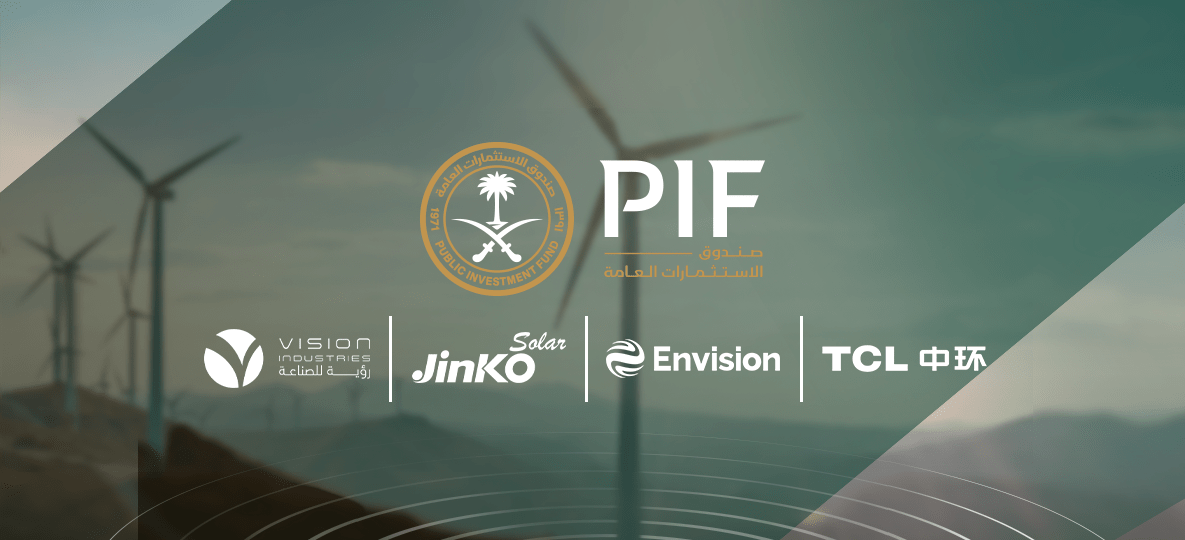- “Vision 2030 has been a game-changer,” says Founder of cosmetics business MZN Bodycare
- Brand is a shining example of the importance of the private sector and how it promotes Saudi Arabia’s diverse resources
- As a driver of the Vision 2030 reform roadmap, PIF’s initiatives are empowering local capabilities
Muzon Ashgar, founder and CEO of MZN Bodycare, the first “made in Saudi” skincare brand, is helping put the country’s diverse natural resources – including Damask roses and lavender, more often associated with Bulgaria and
Provence – on the international map as well as supporting the local economy.
Alongside Taif-grown rose and local lavender oils, date seed oil, prickly pear oil and pomegranate extract are some of the other key Saudi Arabian-inspired ingredients found in Ashgar’s bodycare line.
“I think private sector companies are really important for the economy. We create jobs; we also tell the stories about what’s local to the region,” Ashgar told PIF Global Insights.
Underlining the significance of the private sector, PIF launched its Local Content Growth Program, MUSAHAMA last year, among several initiatives aimed at increasing the proportion of local content spending in PIF’s domestic
portfolio to 60% by the end of 2025.
PIF’s efforts are already seeing results. Ashgar believes that working with luxury hotel brands – such as Six Senses in the PIF-owned The Red Sea tourism giga-project – has revolutionized her business, while the inaugural PIF
Private Sector Forum provided a perfect networking opportunity.
Ashgar chose to employ only women in her factory. “We create natural, clean products that are from the region to the region, and from women to women.” MZN Bodycare products are manufactured in a facility in Dhahran, while
stockists include luxury resort Habitas AlUla.
“I think it’s a great opportunity for us to showcase how diverse Saudi Arabia is, with its offerings in oils, fragrances and the whole wellness experience,” says Ashgar.
Ashgar’s recruitment policy was informed by her staff’s affinity with its customer base, and a desire to create more career opportunities for women. She has participated in numerous female-focused empowerment initiatives,
including the SHE 2022 Leadership Program in Saudi Arabia, run by the Swedish Institute, to ensure she walks the talk.
None of this has come easy. Before the announcement of Vision 2030, the nation’s blueprint for economic reform, Ashgar struggled to obtain all the permits required to run her business or attract funding.
“Everything became electronic,” she said, referring to the impact she has felt since the country’s reform strategy began, with its aim to increase the private sector contribution to GDP from 40% to 65% by the end of the decade.
“I don’t even have to leave my office to do all my governmental work. I don’t think I would have been able to still be here if it were not for Vision 2030 – honestly, it’s a game-changer.”
As a key driver of Saudi Arabia’s diversification, PIF is helping to build a more resilient domestic economy by creating opportunities for private sector players across the value chain.
For Ashgar, too, collaboration is key. She enjoys supporting entrepreneurs, particularly female business owners, in achieving their career goals. “We help each other grow and it’s a win-win situation for all of us.”





